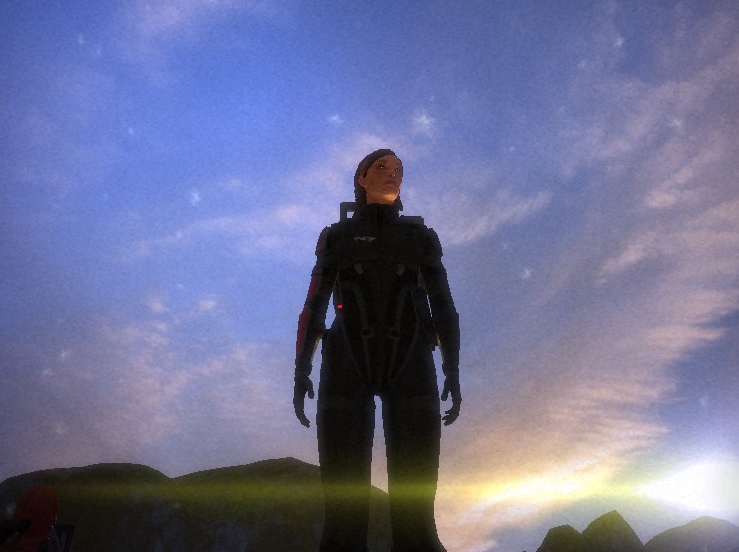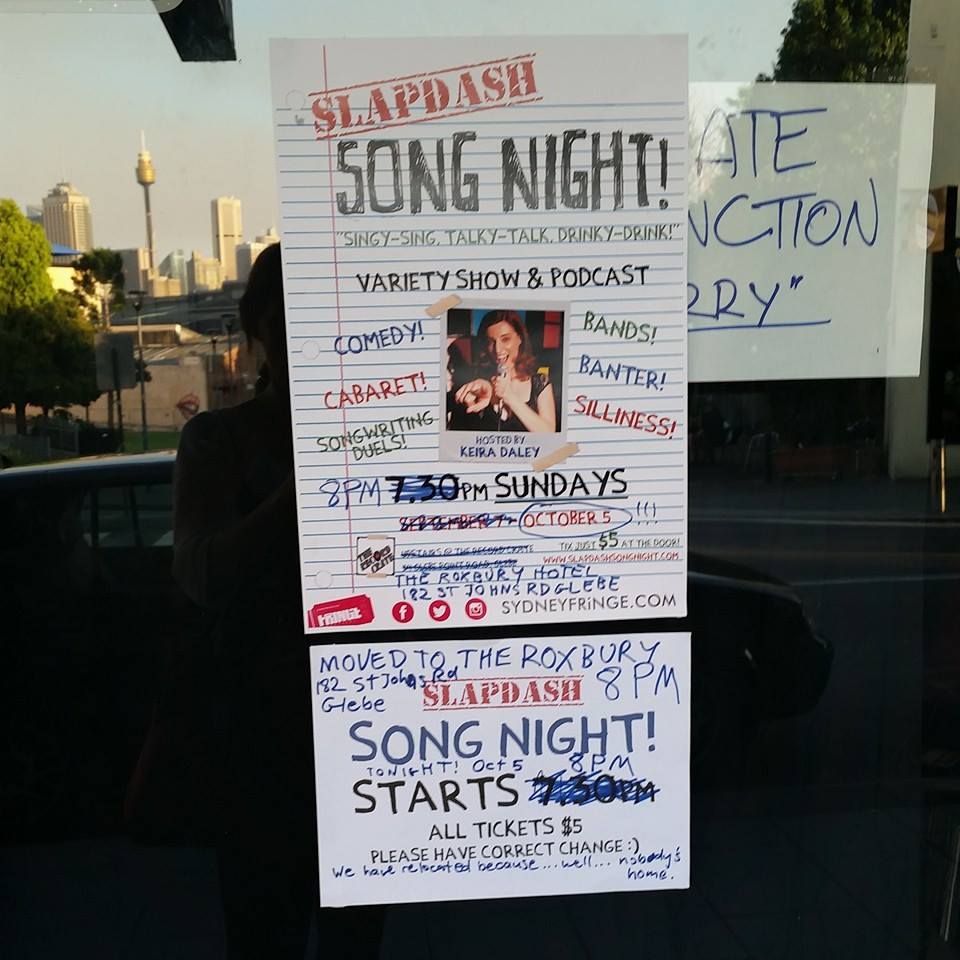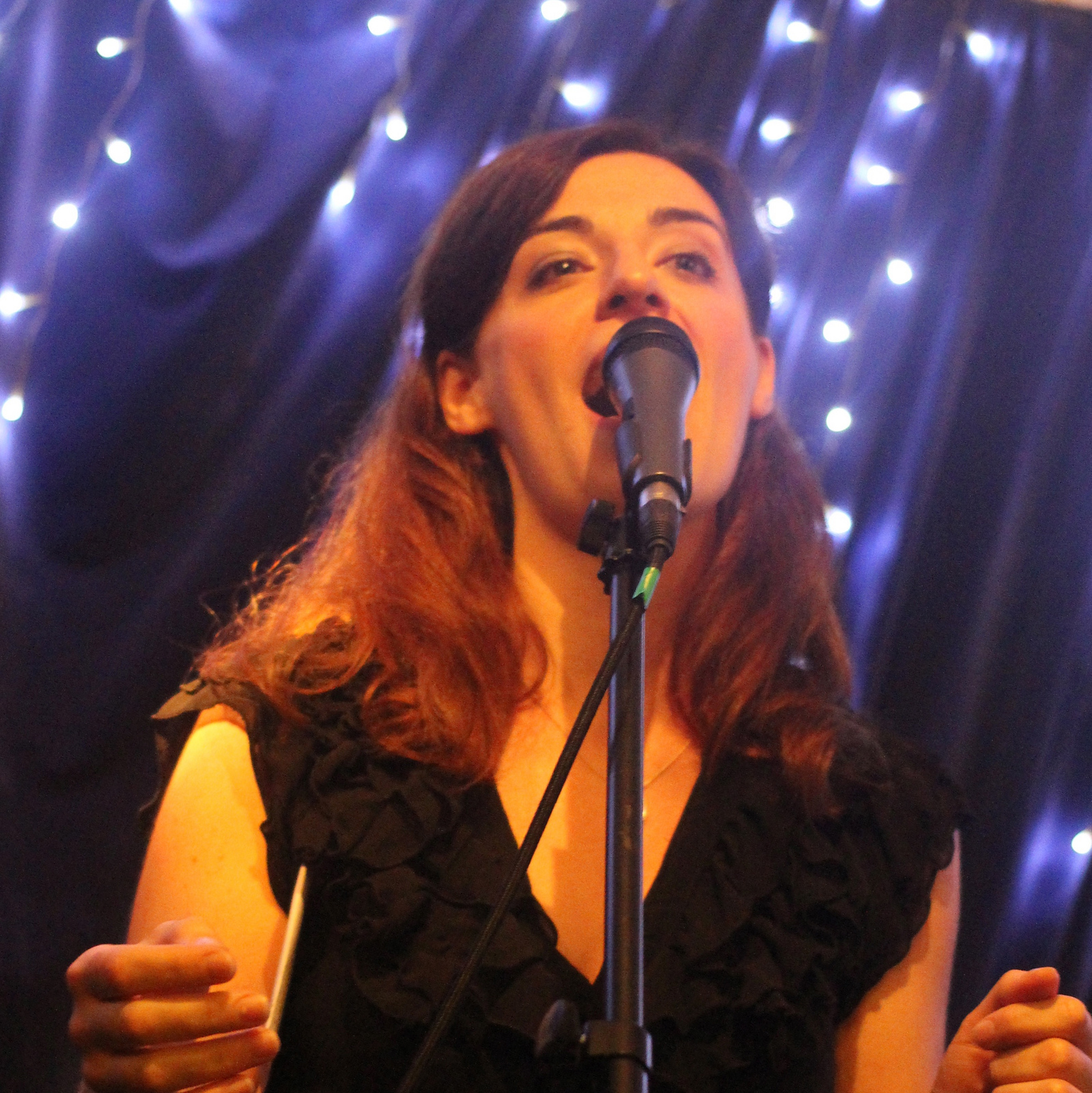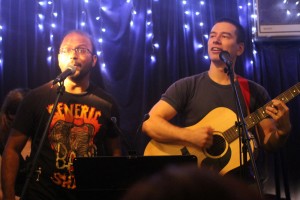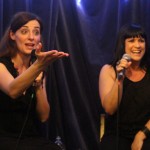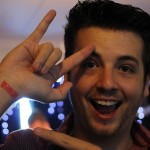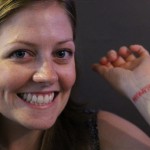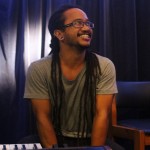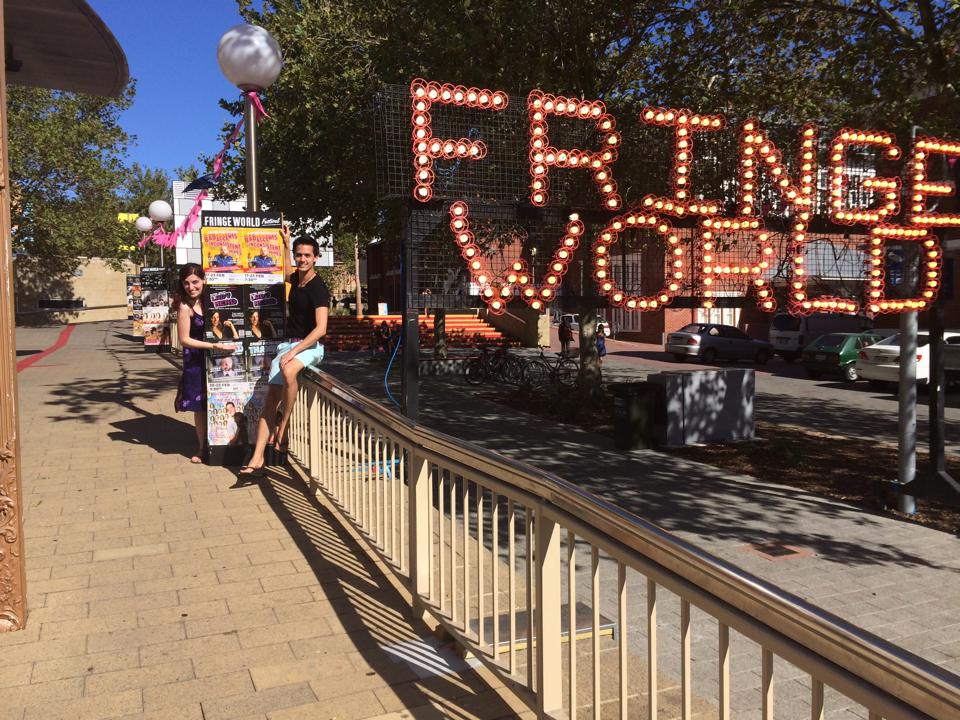Deadlines = Lifelines
“The show doesn’t go on because it’s ready – it goes on because it’s 11.30.”
– Lorne Michaels, via Tina Fey in Bossypants
How do you become excellent as an artist? Is it about freedom to fail? Is it about pure, reflective practice or constant feedback? Is it about trying new things regularly or doing the same things over and over again?
I went “solo” at the start of 2011. I put that in quotes because, though it’s me standing centrestage without castmates, a Greek chorus or a can-can kickline, what I do is hardly a solo effort. Even if you do absolutely every bit of your show yourself, you still need an audience. I daresay, there’s no such thing as solo if you are a performer (after all, we cannot be expected to fill that chasm-like approval hole all by ourselves).
Still, in the sense that I started creating my own shows to perform in, at almost the three-year mark as solo performer I realised I’d created just two shows. And only one of these “had legs”, as they say: LadyNerd (the other, Keira Daley Vs The 90s, had too many legs to tour).
Once you’ve (I’ve) done the one show for a while, you (I) get comfortable at it and, sometimes, less good (crap) at other things.
I started Slapdash Song Night! at Sydney Fringe 2013 to highlight acts at the festival because I saw a gap in what was on offer – while many other festivals around the world had these kinds of community-building events, Sydney Fringe did not. And I thought it would be fun. It was fun for sure, though I only started to feel vaguely comfortable with it in week 4 – aka, closing night. Then it was done.
After that, I went off to perform LadyNerd at Melbourne Fringe. It was the latest in a string of festivals where I’d observed other artists continually bringing new work to the stage – people with back-catalogues of shows and songs and appearances and videos.
The key to excellence, as I observed, was pushing yourself to do more, try new things, take risks, and practice and create on a regular basis – with regular and immediate feedback. There’s the 10,000 hours of practice theory – or, if not 10,000 hours exactly, the equivalent value of doing intense, focused, regular work.
There was also the matter of show fitness – conditioning your mind and body to perform. This is hard when you go eight months a year not performing. You get gun-shy and out of shape. One season a year was not going to cut it. If I wanted to improve, the key, as I saw it, was to increase my creative output.
But how – I asked myself – could I be prolific when LadyNerd took so long to write, arrange, workshop, prototype, and, finally, premiere? A meticulous, steadily-paced creative process was good for a debut show – particularly one about tenacity, ingenuity, and scientific inquiry. But that didn’t solve my output puzzle.
What if there was a show designed to force me to create stuff regularly whether I felt like it or not?
I thought about all the times anybody ever asked me for a favour. If they said “if you get a chance” or “no rush” or “anytime is fine” or “it’s no big deal”, it’s almost guaranteed I’d either forget to do it (or take fricken forever). If they said, “deadline’s tomorrow!”, I’d almost certainly turn it around in time.
Like many people, I have always left everything to the last minute – from school assignments to packing for a trip. I like sprinting for the bus – it’s a (mild, nerdy) way to live on the edge. If I miss the bus, I also kind of enjoy fist-shaking at it like an old man in long johns carrying a pitchfork.
Every kind of job I’ve ever done – from performance to publishing – has involved deadlines. There is no “maybe we can take a day longer”. There is no “we’ll ask for an extension”. Instead, the overarching premise is: At this specified time, this thing must happen.
How do you get stuff done? Deadlines. How do you get more stuff done? More deadlines. In performer terms, this equals: Put on more shows. Be less precious. Do more. Think less. Scare yourself repeatedly. Get people to watch you do all of these things.
Enter: Slapdash Song Night! (pursued by a bear… pointing to its watch)
The version of Slapdash I debuted at Sydney Fringe 2013 had a snappy ethos, which came from people asking me what cabaret is: “Singy-sing, talky-talk, drinky-drink – the rest is up to you,” I’d say. The format was guests having a chat and a sing. The audience (oh alright – and me) having a drink. That’s it.
So, what if I could weave my own creative deadlines into that simple format through regular segments? While each show featured different guests, there would be a through-line of my ongoing work – covers, originals, songwriting battles. I challenged my long-time collaborator Pete Lead to write a song each month in “competition” with me. I enlisted musos, guests, regulars and crew. I found a free venue that was available regularly each month. And the experiment began.
As a result, I’ve written and performed about ten new original songs this year, plus an additional ten obscure covers (most of which were like writing new songs in themselves). I’ve written jokes, opening spiels, sketches, and characters, all to varying degrees of success (there’s been some major suckage but a few specks of gold too). Then there’s been the task of shaping a new show every month – from conceiving the theme to selecting (and/or hassling) the guests, the questions and the closing singalong. And through it all, thinking on my feet, responding on the fly, addressing an audience as a “soloist”. For some shows, I’ve had ideas for material and songs raring to go. But mostly I’ve had nothing until the week/day/night before.
The other aspect of my experiment was to increase my online output. This is where I really did fall down – the podcast releases are way behind schedule. But I’ve formed a strategy and, starting February 2015, the Slapdash Song Night! podcast will be fortnightly. And there’s an exciting side-project of mini-episodes en route.
But, overall, have I been pushed? Often. Have I improved? Possibly – I feel more confident, at least. Have I created and performed more stuff in 2014 than the three previous years combined? Undoubtedly.
Why? Because, each month, my “11.30” rolled round. Ready or not (venue or not, even), the show went on.
So, for now, I call that mission accomplished*.
*so let's celebrate on November 23

